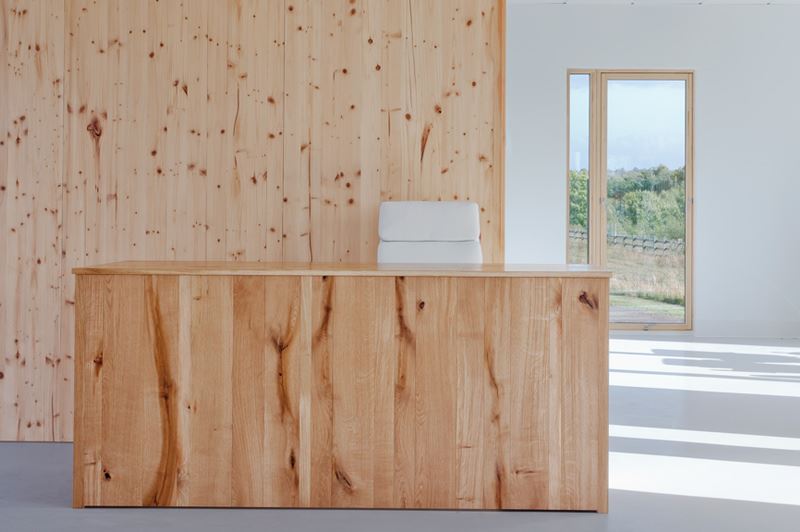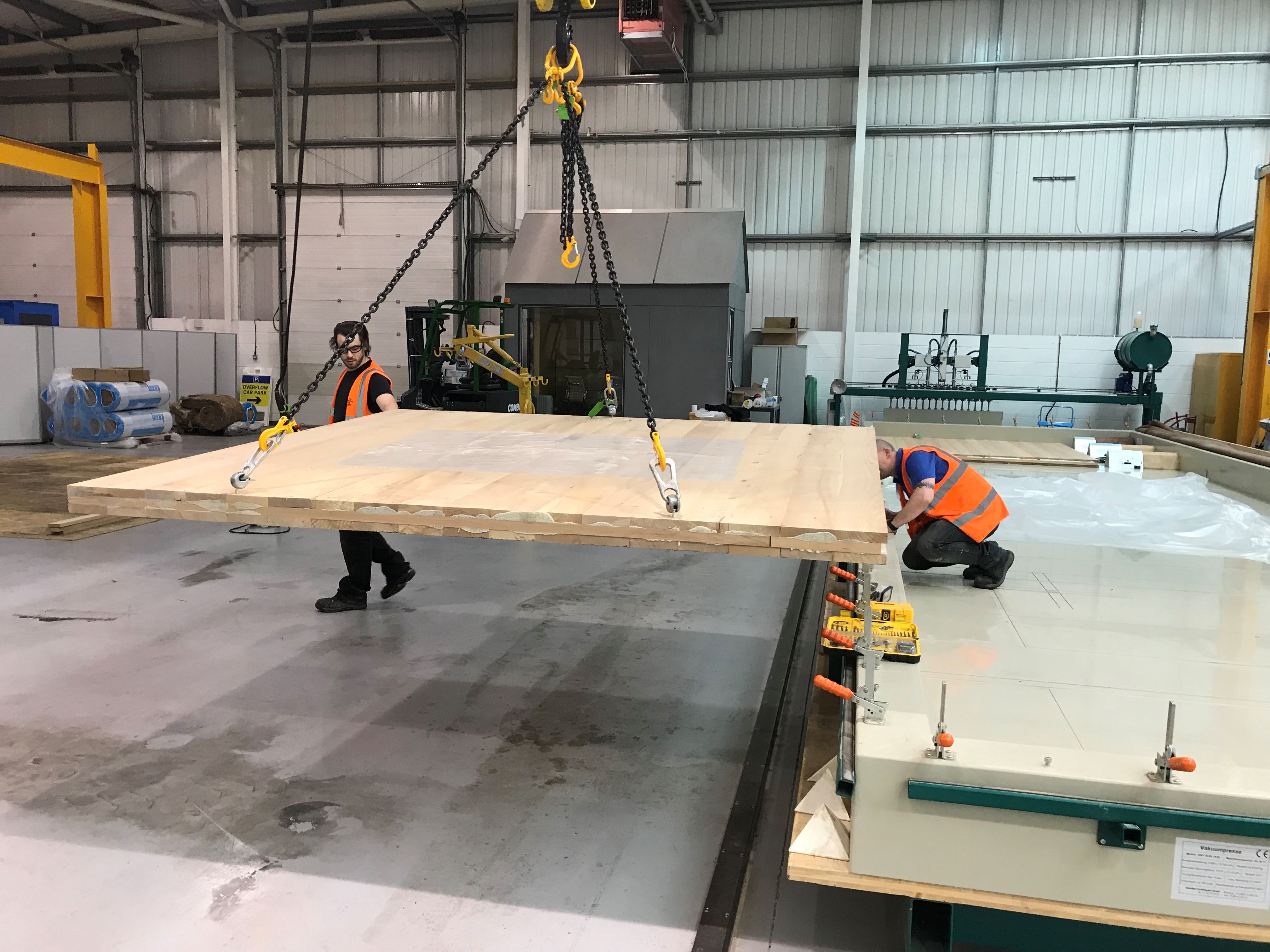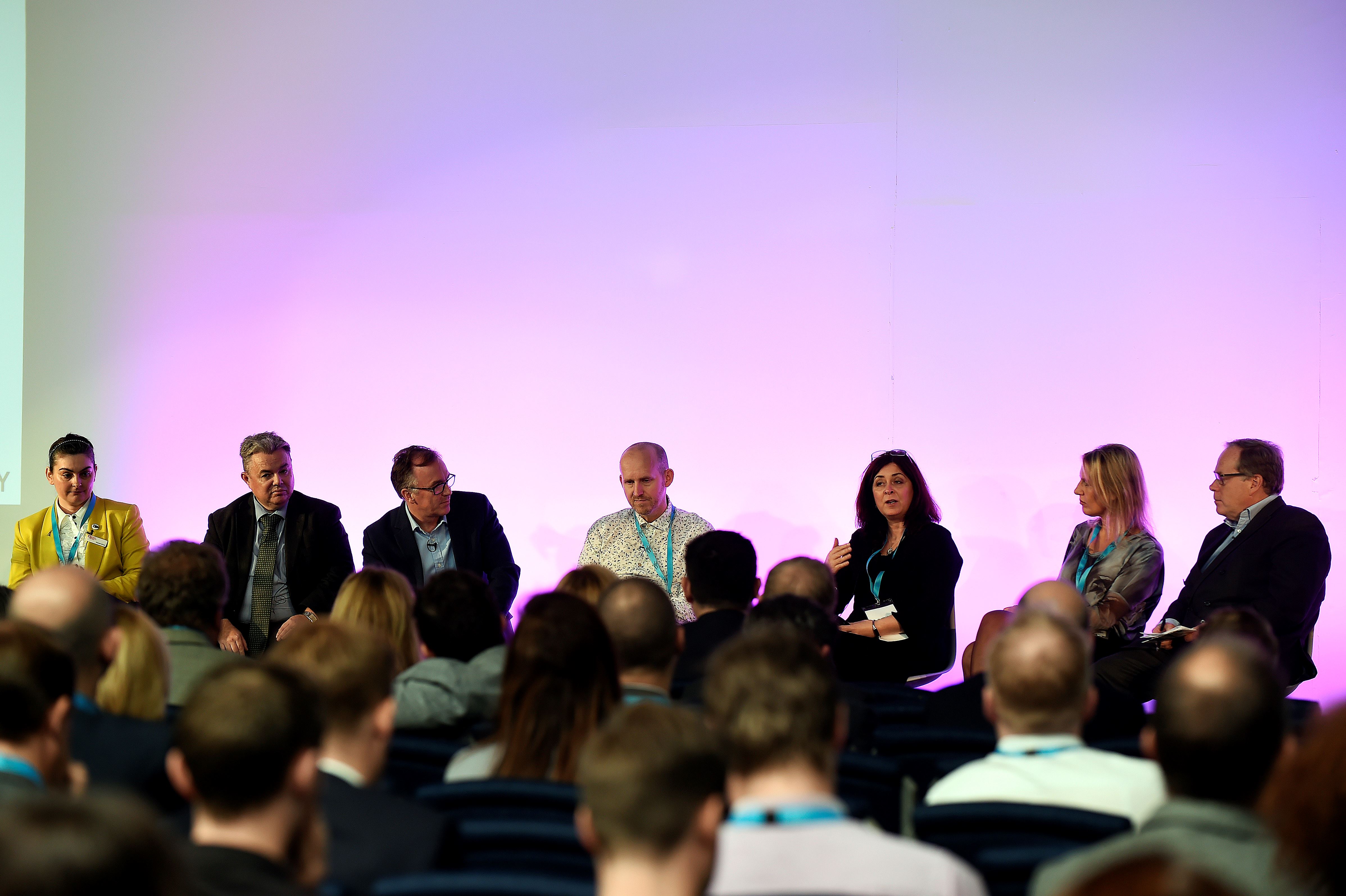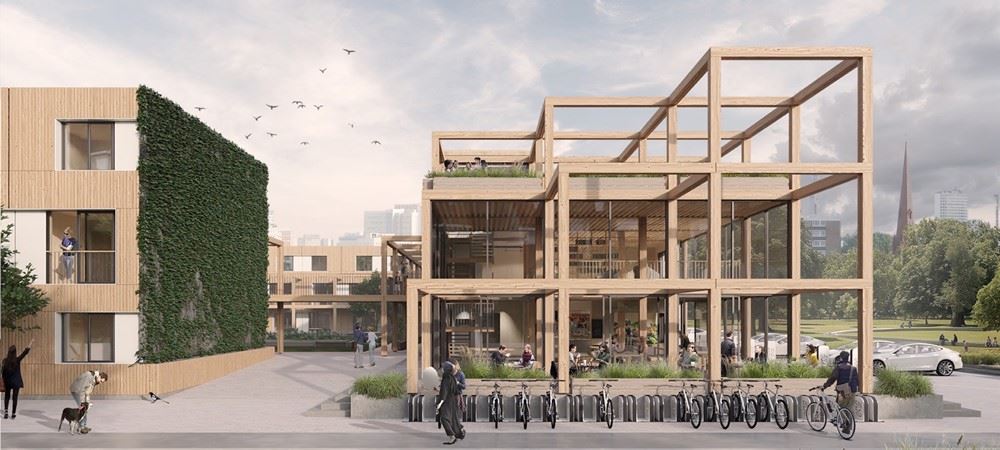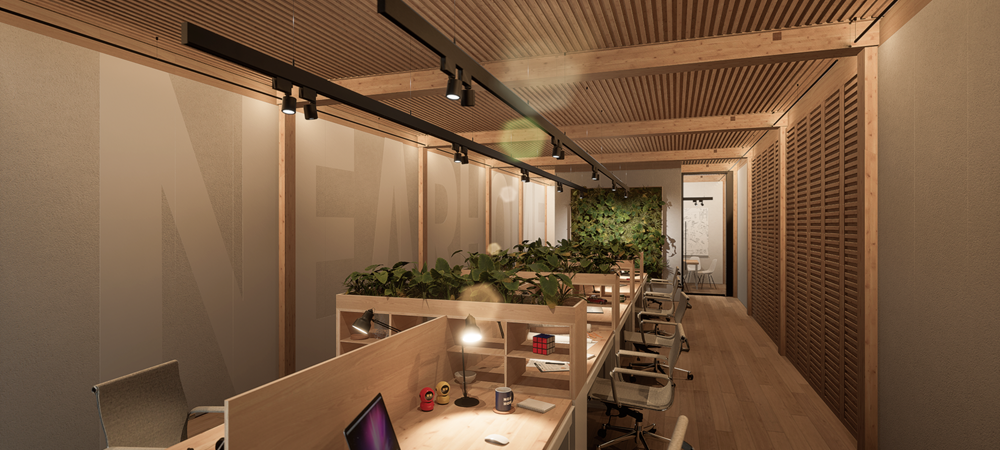Content
Accelerate to Zero Podcast: Scaling up retrofit, episode one
The Accelerate to Zero podcast is back with a new retrofit focussed series in collaboration with the National Retrofit Hub (NRH). Throughout the series, we’ll spotlight each of the six working groups within the National Retrofit Hub, featuring various guest speakers and innovators from across the UK retrofit sector.
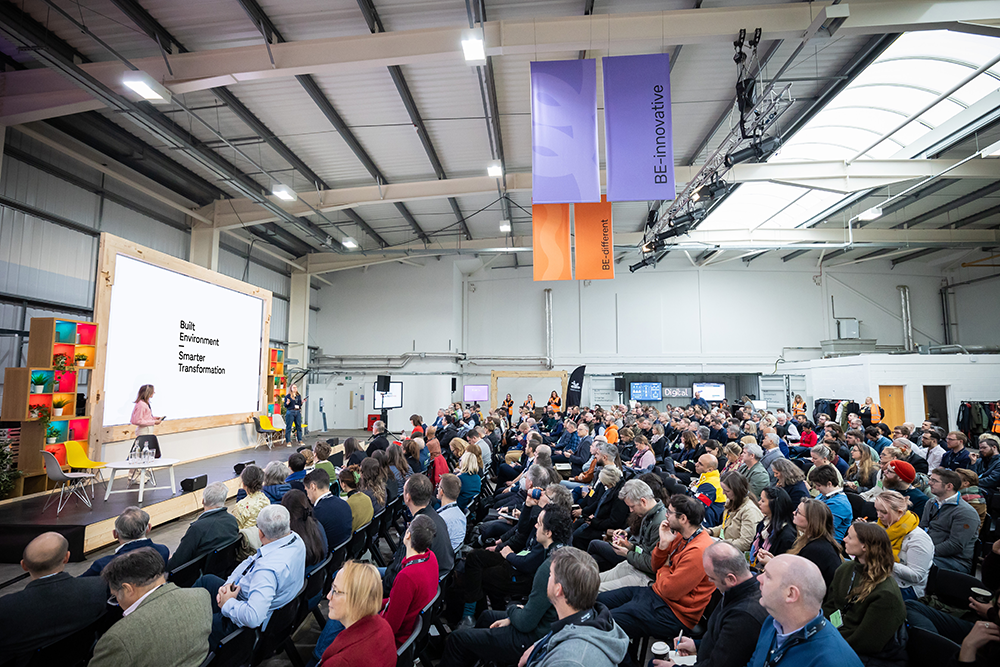
In the first episode, Caitriona Jordan (BE-ST) and Rachael Owens (NRH) discuss what it looks like when you put citizens at the heart of data decision-making in retrofit with Lizzy Westmacott, ECD Architects Ltd and Louis Daillencourt, novoville, both part of the NRH’s Working Group 1.
Listen to the full podcast episode here.
One of the core challenges of retrofit that the discussions raised is the inefficiency of current retrofit efforts, which are often conducted on a one-by-one basis. “We’re retrofitting about 10,000 homes across the country, but within those projects, we still treat individual buildings holistically,” Lizzy explains. The panel agrees that scaling up could enhance cost efficiency and design quality and streamline processes. However, it’s not without risks. She adds, “It’s easier to check the quality of a few details have been done really well than lots of different permutations.” This approach allows for improved outcomes and scale.
Louis emphasises the importance of involving communities, particularly in owner-occupied sectors. “By working together, we foster a sense of community, trying to tackle problems collectively,” he says. This collaboration is crucial in achieving retrofit success, especially when considering the diverse needs of residents.
The balance between efficiency and resident-centred design
A recurring theme throughout the discussion is the tension between achieving efficiency and meeting residents’ needs. Lizzy warns against neglecting residents’ comfort and instead prioritising the minimisation of disruption during the retrofit process, especially in large-scale projects. “The outcomes for residents, like comfort, are crucial but often hard to prioritise at scale,” she observes. Louis adds that while large projects offer economic advantages, engaging residents and considering their specific needs remains a critical challenge.
The panel acknowledges that scaling retrofit efforts involves navigating risks, including varying building conditions and occupancy levels. “You have to design for the worst-case scenario and then roll it out across all homes, which could result in overdesigning for some,” Lizzy points out. Striking the right balance between standardised solutions and customisation is essential but challenging.
Technology, data, and community
As the discussion progresses, it becomes clear that the panel agree successfully scaling retrofit requires integrating technological innovation, shared knowledge, and community engagement. Digital tools like building logbooks could provide a centralised, accessible repository of data, allowing for better-informed decisions. “By tracking different types of properties, their conditions, and retrofit outcomes, we can generate valuable insights on what works best under specific circumstances,” Louis notes.
Despite these promising tools, the guests highlight a significant knowledge gap in the industry, particularly among designers and installers. “Many professionals lack a deep understanding of building physics, which can hinder the confident application of solutions like internal wall insulation,” they emphasise. Bridging this gap is essential for delivering safe and effective retrofits.
The episode paints a picture of the opportunities and challenges in scaling retrofit initiatives across the UK. As Lizzy and Louis underscore, success lies in balancing efficiency, resident needs, and flexibility. While promising tools and methodologies like novoville are emerging, the industry must focus on education, data-driven approaches, and community-driven solutions to achieve widespread, sustainable retrofits.
Listen to the full episode
Ep 701: Lizzy Westmacott, ECD Architects & Louis Daillencourt, Novoville
